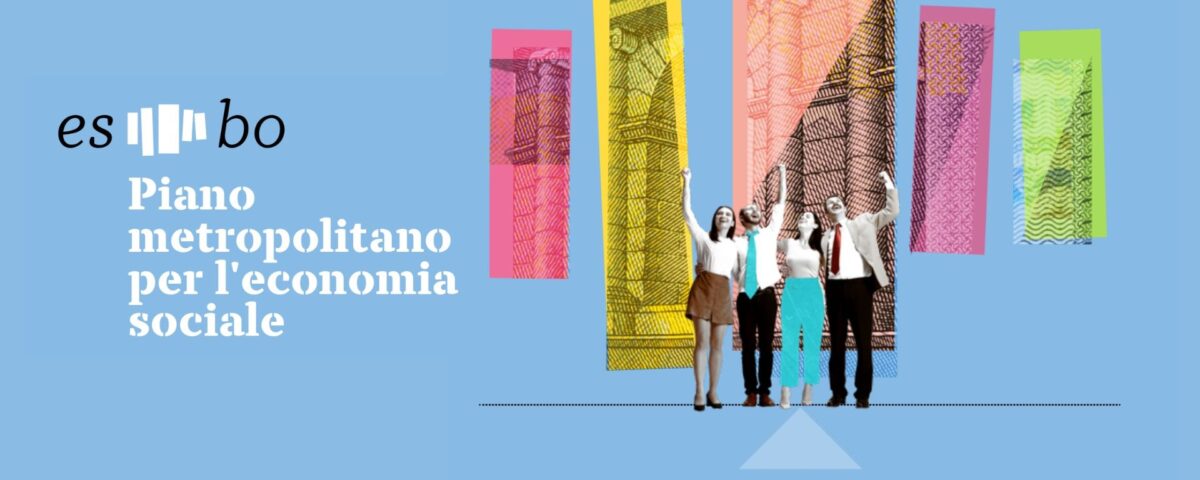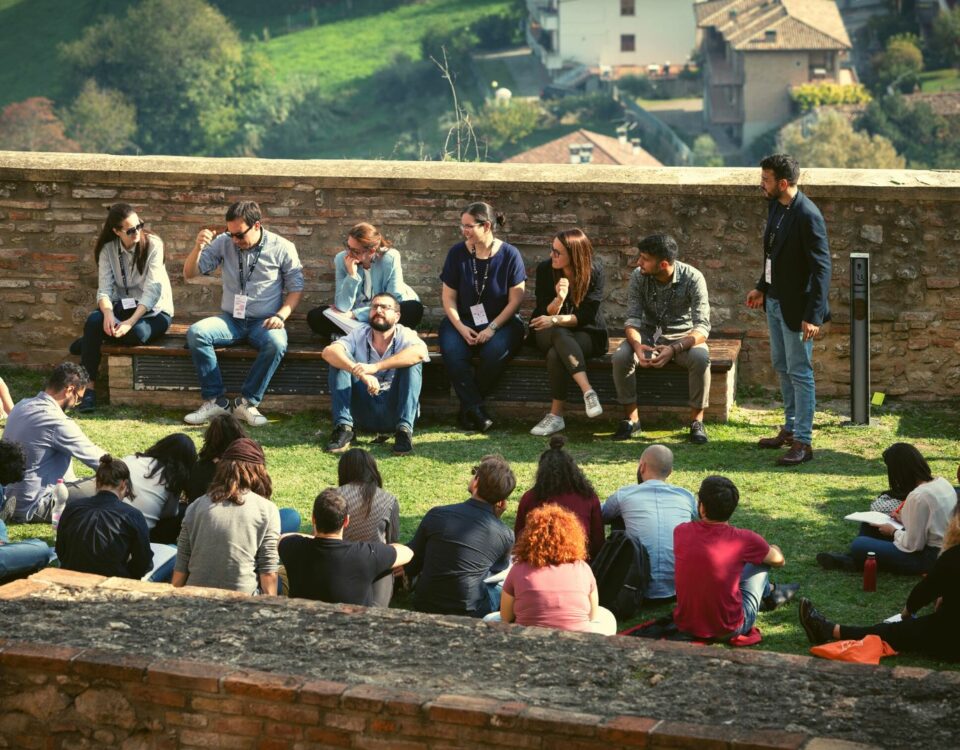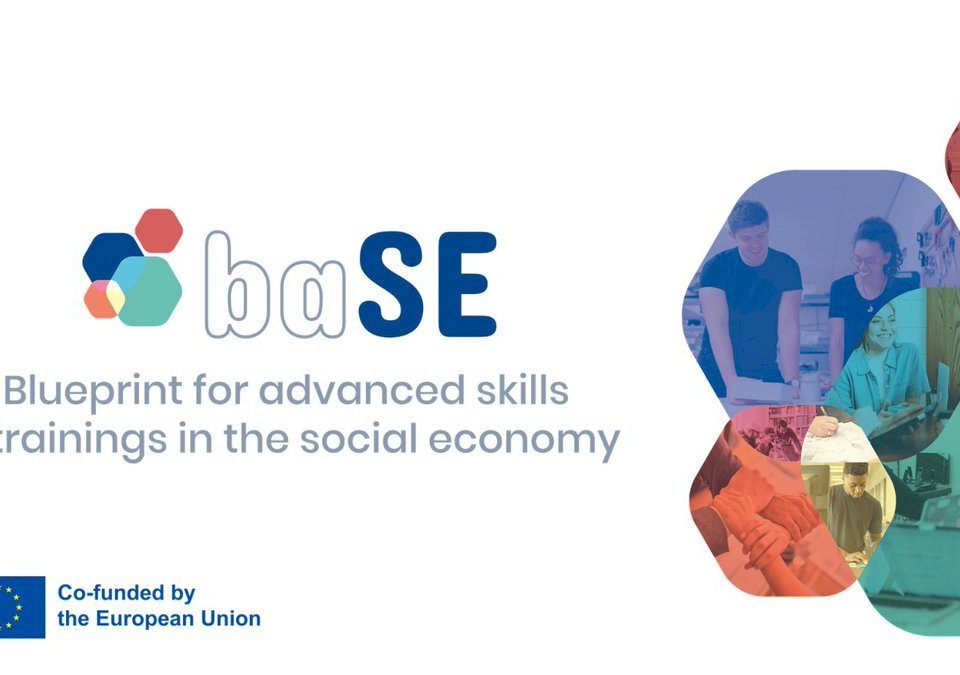
IT-Bridge: A Bridge to Employment in the IT Sector for Migrant Youth
1 April 2025After an extensive participatory process and approval by the Metropolitan Council, the Metropolitan Plan for the Social Economy has been officially presented. This pioneering initiative at the national level redefines the trajectories of economic and social development in the region, promoting more sustainable, inclusive, and equitable models.
The Plan, promoted by the Metropolitan City of Bologna together with the Municipality of Bologna and developed with the technical support of AICCON and Social Seed, introduces more than 60 measures to strengthen the social economy as a development paradigm.
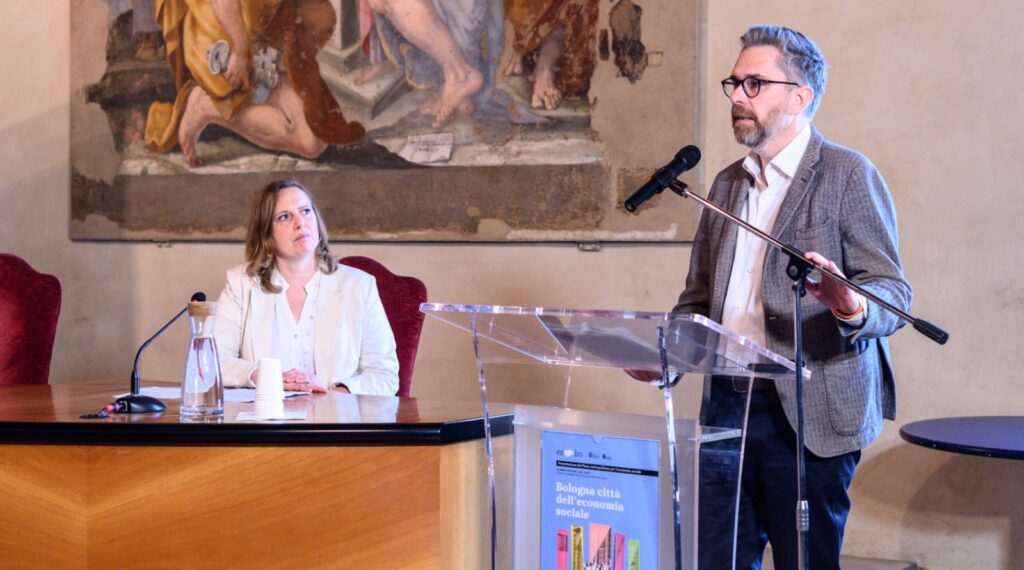
A Shift in Perspective: From the Social Economy as a Sector to the Social Economy as a Paradigm
The Plan does not simply support cooperatives, social enterprises, and associations—it proposes a shift in vision: the social economy becomes a true paradigm for local development. The goal is to build an economic system capable of addressing the region’s challenges—ranging from the housing crisis to job quality—by placing the well-being of people and communities at the center.
This approach is inspired by the European Action Plan for the Social Economy (2021), which provided a framework and a set of strategic measures to integrate the social economy into industrial policies and social rights.
The Seven Missions of the Plan
The Metropolitan Plan is structured into seven missions, divided into two categories:
-
Thematic missions, focusing on key strategic issues for the region’s future: collaborative and sustainable housing, job quality and meaning, community welfare and education, sustainable tourism, and local development.
-
Cross-cutting missions, aimed at strengthening social economy organizations through initiatives in public procurement, culture and knowledge, resources, and new finance.
Each mission is structured into specific strategic directions and concrete actions, totaling more than 60 interconnected interventions. The Plan has a 10-year horizon, with an initial focus on the 2025-2027 period.
An Innovative Governance Model for an Inclusive Social Economy
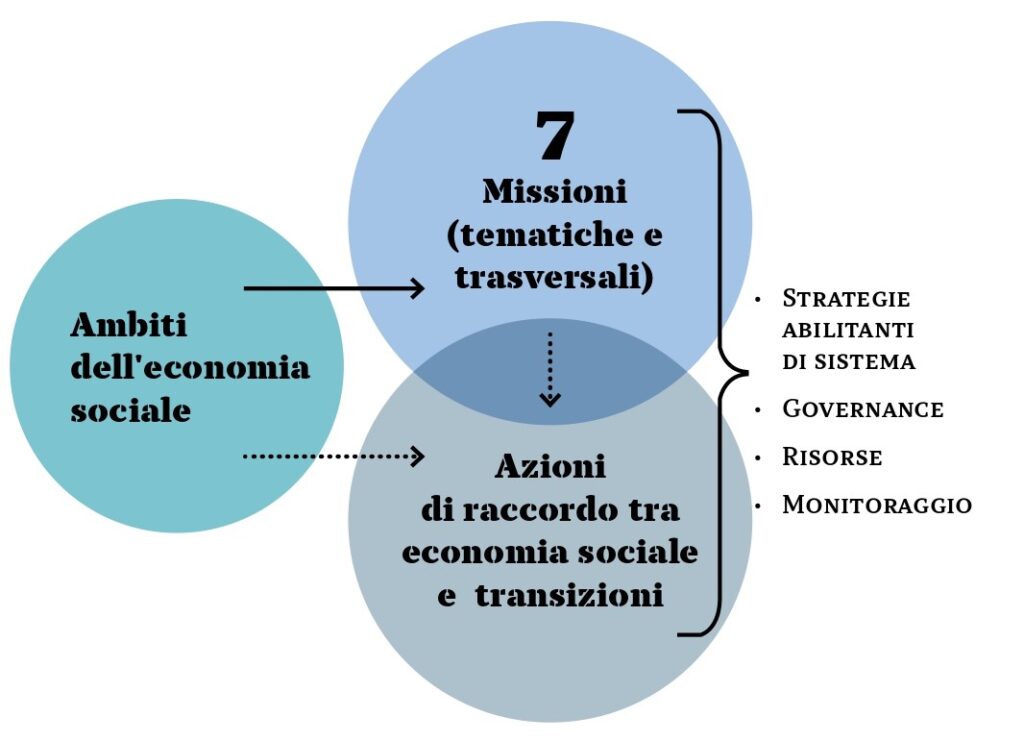
Given the Plan’s cross-cutting nature, an innovative governance structure has been established to foster dialogue between the public sector and social economy organizations. The model includes:
-
A Stable Steering Committee, composed of the Metropolitan City and Municipality of Bologna, the Emilia-Romagna Region, Unions of Municipalities, the Imola District, cooperative sector associations, the Third Sector Forum, foundations, and Volabo.
-
A Consultation Committee, including representatives from the business and commercial sectors, trade unions, the University of Bologna, the Church of Bologna, and ANCI. This body is responsible for guiding projects and funds to promote the social economy as a driver of general interest.
Focus: Collaborative and Sustainable Housing
One of the central themes of the Plan is collaborative and sustainable housing, one of the most pressing challenges for the Bologna region. Housing is not just about the availability of homes—it extends to quality of life, services, and environmental sustainability.
The Plan’s actions aim to:
-
Promote access to housing for vulnerable groups through collaborative and social housing models (e.g., senior housing and housing first).
-
Support those excluded from the current rental and homeownership markets through targeted interventions.
-
Encourage shared housing solutions and community services to address the housing crisis while fostering social connections and mutual aid.
-
Support the cooperation of residents and social organizations as a potential management model for new forms of collaborative and accessible housing.
-
Enhance the livability of areas at risk of depopulation through projects that ensure the continued presence of families by providing local social services and access to high-quality public resources. Social economy organizations such as community cooperatives, environmental protection associations, and social enterprises for sustainable tourism play a crucial role in this process.
A Different Kind of Competitiveness: The Economic Value of Sociality
As Paolo Venturi, Director of AICCON, highlighted: “We need to overcome the historical divide between the economic and social spheres—a notion that has weakened the link between efficiency and solidarity.”
Sociality is no longer just a factor of inclusion but a key element of territorial competitiveness. The Bologna Plan proposes a “differently competitive” vision, where collaboration between the public sector, private sector, and social economy generates value for all. This is a strong message from Bologna to Europe, demonstrating that equity and development are not in opposition but can be strategic allies in building a fairer and more sustainable economy.
With this Plan, Bologna not only reaffirms itself as a laboratory of social innovation but also sends a clear signal: the future of the economy lies in cooperation, responsibility, and the empowerment of communities.
Read Paolo Venturi’s Editorial on Vita.it
Download the Plan (PDF)
